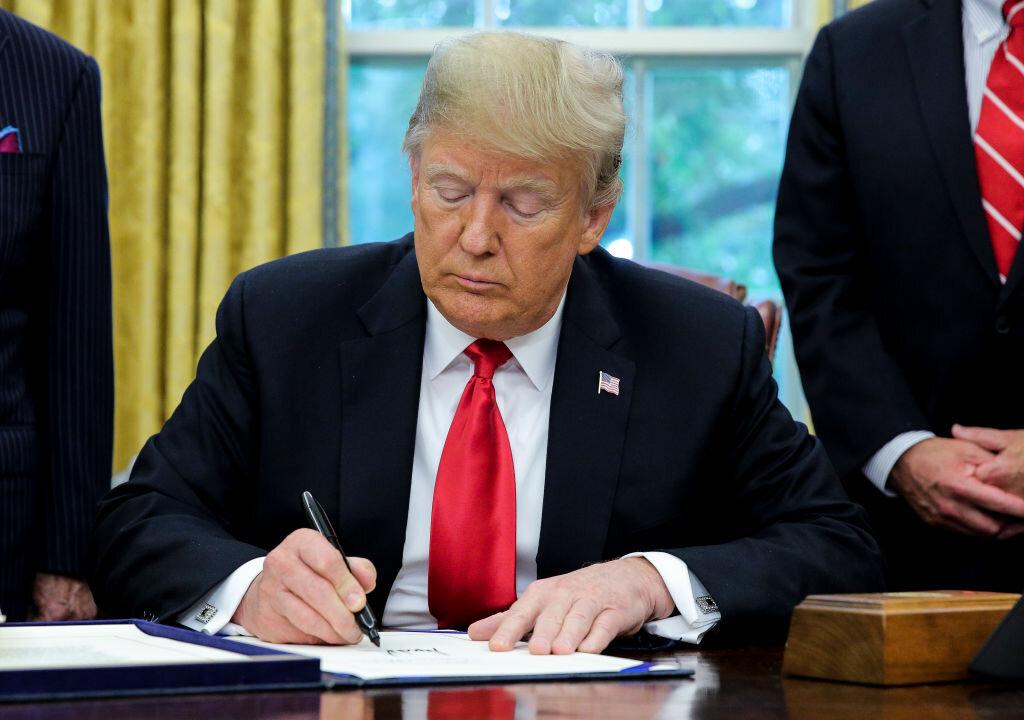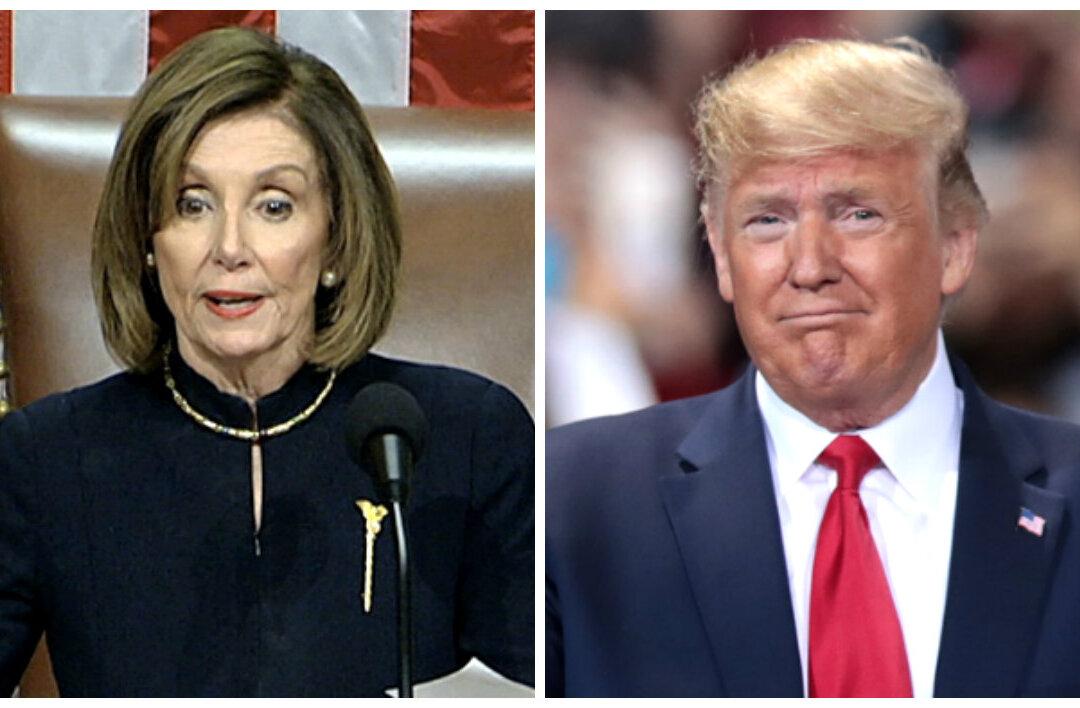President Donald Trump extended and expanded what he called a “very important” program to clean up sea-borne waste by signing a bill to boost international cooperation on removing debris from the planet’s oceans.
The Save Our Seas Act of 2018 extended the National Oceanic and Atmospheric Administration’s (NOAA) Marine Debris Program for an additional five years, and directed the State Department and other federal agencies to work internationally to prevent countries from using the ocean as a landfill.





